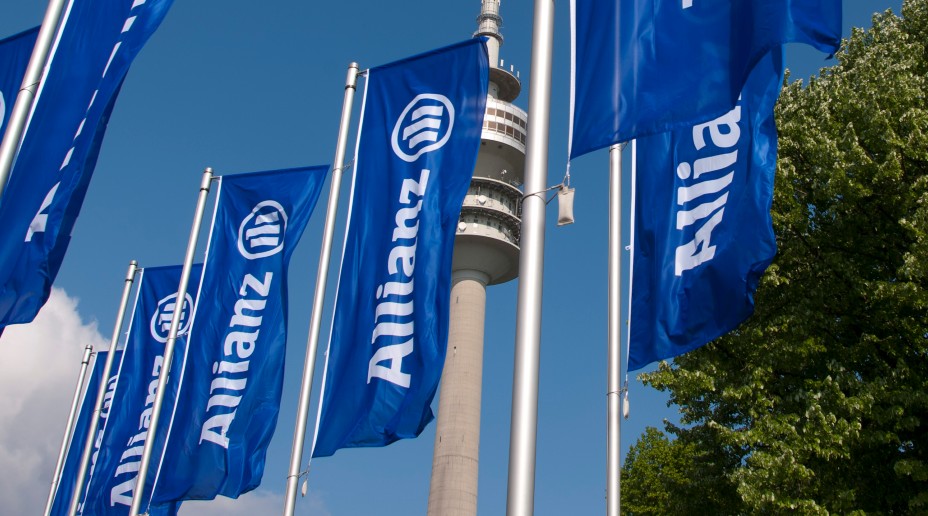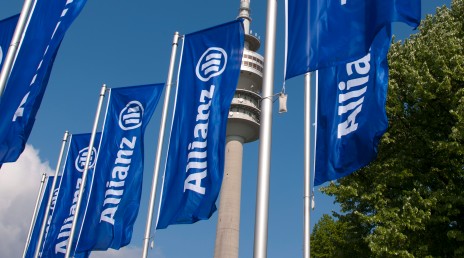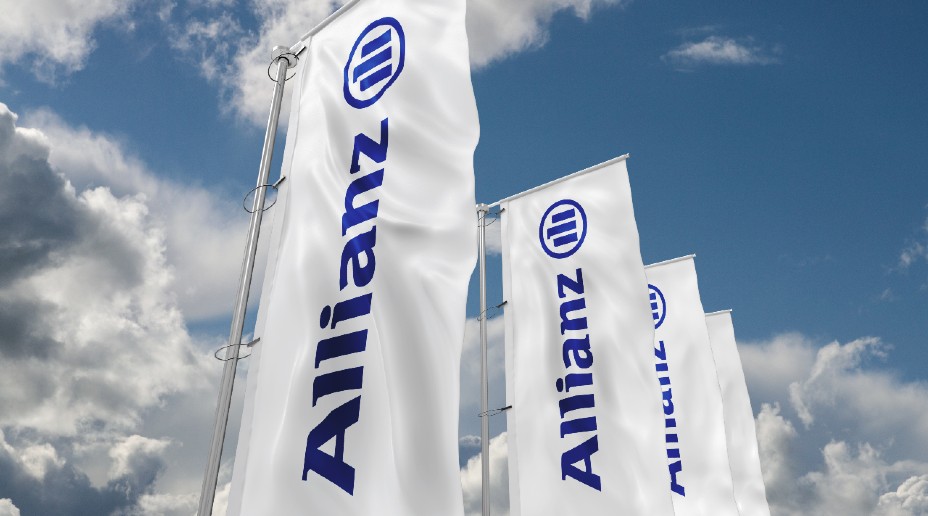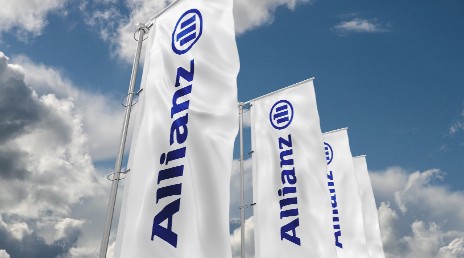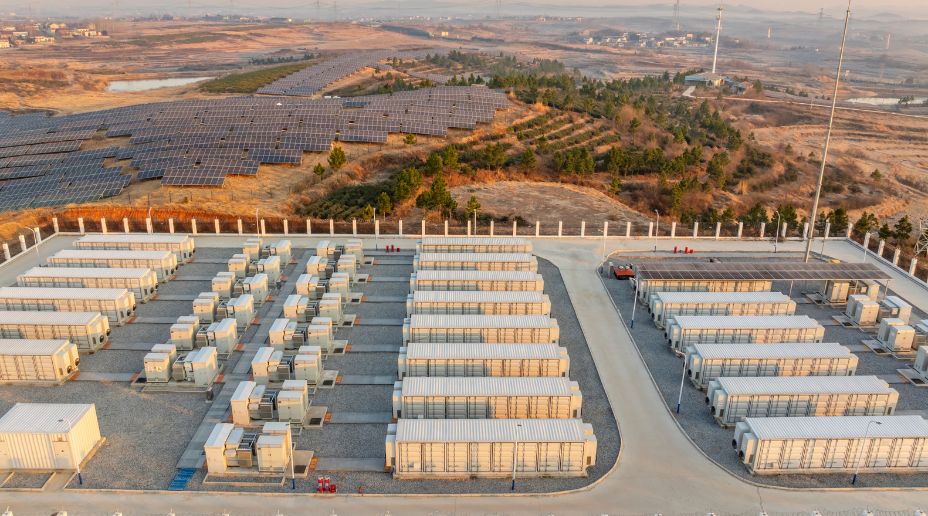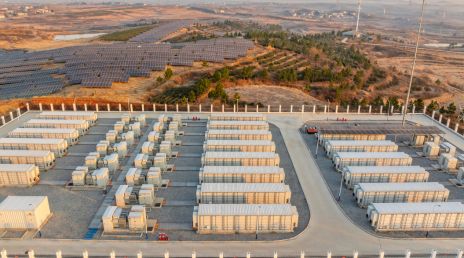With businesses turning the heating down or off to keep their energy costs down, Allianz Commercial is sharing tips on how to prevent water pipes and storage tanks from freezing and bursting during the winter months.
Although businesses get a discount this winter on gas and electricity unit prices, those prices are still double what they were in October 2021. Rising costs are affecting 89% of small firms, according to the Federation of Small Businesses (FSB), with utilities and fuel as the primary cost factors.
In this context, some pubs have considered closing for the cold season, while other businesses are looking at their heating costs. These steps come with some risks that need to be mitigated.
To stop pipes from freezing, businesses should consider:
- Lagging their pipes or having low-level heating near exposed pipework and tanks; keeping the thermostat at 12°C or 13°C maintains a consistent heat level that stops pipes from getting too cold
- Ensuring a frost stat is fitted in areas vulnerable to freezing temperatures
- Shutting and draining the water system in unused areas but keeping sprinkler systems active and suitably protected from freezing
- Following manufacturer guidelines for shutting down and restarting the heating
While some businesses might contemplate alternative means of heating, they should avoid portable heating, wood burning stoves, waste oil heaters or other appliances which can create increased fire hazards. In the first instance, it’s important to discuss the options with their broker or insurer.
If they decide on alternative heating, these should be fixed, purpose-designed systems, installed and maintained by a competent person and operated according to the manufacturer’s guidelines.
All heating appliances should be positioned clear of combustible materials. Surplus fuel supplies should be stored separately, spillage controls in place and refuelling and cleaning carried out according to manufacturer guidelines.

Stuart Daws, head of loss control engineering at Allianz, said: “With record-level inflation, businesses are bracing for a harsh winter. Of course, they should be looking at energy savings, but they should do so in a safe way so as to protect themselves from unwittingly introducing other risks and hazards which could lead to damage and disruption.”
The information contained in this press release relates to Allianz Insurance plc. Allianz Insurance plc is one of the largest general insurers in the UK and part of the Allianz Group.
About Allianz Holdings plc
Allianz Holdings plc is the non-regulated holding company which owns the principal insurance operations of Allianz SE in Great Britain.
About Allianz
The Allianz Group is one of the world's leading insurers and asset managers with more than 100 million* private and corporate customers in more than 70 countries. Allianz customers benefit from a broad range of personal and corporate insurance services, ranging from property, life and health insurance to assistance services to credit insurance and global business insurance. Allianz is one of the world’s largest investors, managing 790 billion euros on behalf of its insurance customers. Furthermore, our asset managers PIMCO and Allianz Global Investors manage 1.7 trillion euros of third-party assets. Thanks to our systematic integration of ecological and social criteria in our business processes and investment decisions, we are amongst the leaders in the insurance industry in the Dow Jones Sustainability Index. In 2021, over 150,000 employees achieved total revenues of 148.5 billion euros and an operating profit of 13.4 billion euros for the group.
These assessments are, as always, subject to the disclaimer provided below.
Cautionary note regarding forward-looking statements
This document includes forward-looking statements, such as prospects or expectations, that are based on management's current views and assumptions and subject to known and unknown risks and uncertainties. Actual results, performance figures, or events may differ significantly from those expressed or implied in such forward-looking statements. Deviations may arise due to changes in factors including, but not limited to, the following: (i) the general economic and competitive situation in the Allianz Group's core business and core markets, (ii) the performance of financial markets (in particular market volatility, liquidity, and credit events), (iii) the frequency and severity of insured loss events, including those resulting from natural catastrophes, and the development of loss expenses, (iv) mortality and morbidity levels and trends, (v) persistency levels, (vi) particularly in the banking business, the extent of credit defaults, (vii) interest rate levels, (viii) currency exchange rates, most notably the EUR/USD exchange rate, (ix) changes in laws and regulations, including tax regulations, (x) the impact of acquisitions including and related integration issues and reorganization measures, and (xi) the general competitive conditions that, in each individual case, apply at a local, regional, national, and/or global level. Many of these changes can be exacerbated by terrorist activities.
No duty to update
The Allianz Group assumes no obligation to update any information or forward-looking statement contained herein, save for any information we are required to disclose by law.
*Including non-consolidated entities with Allianz customers.









